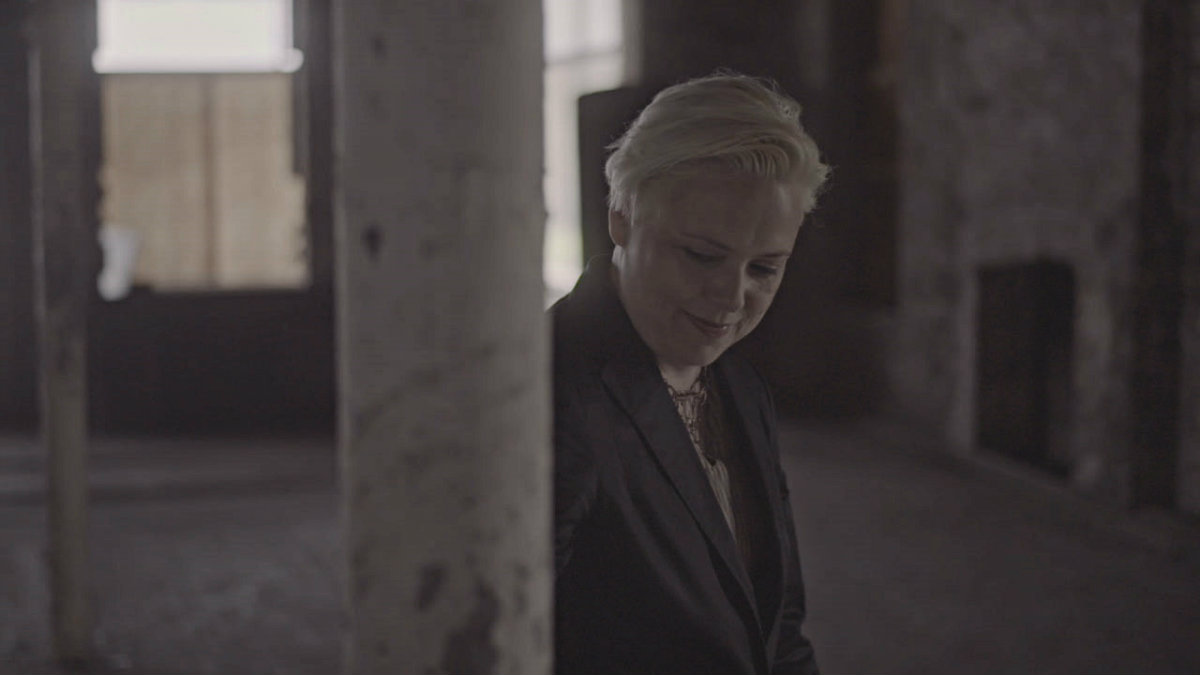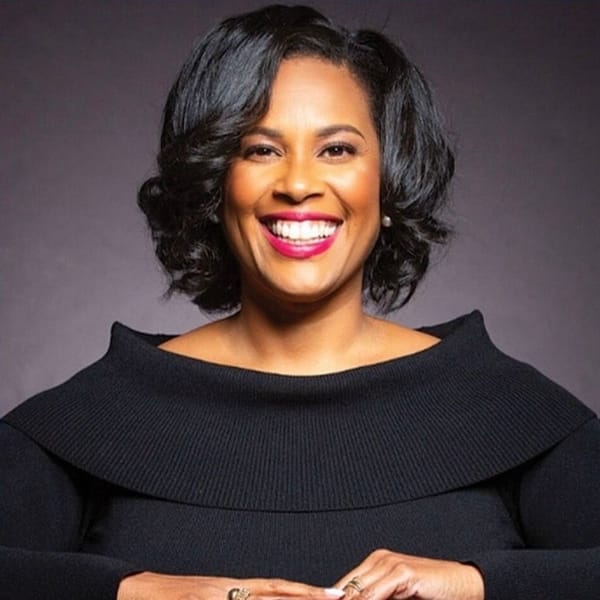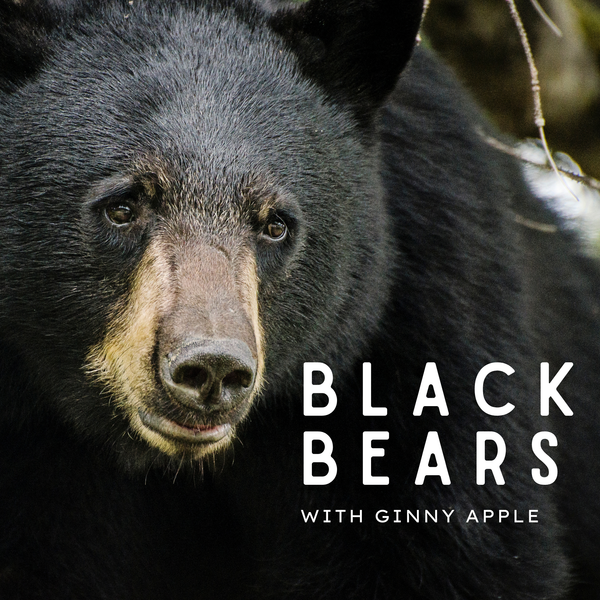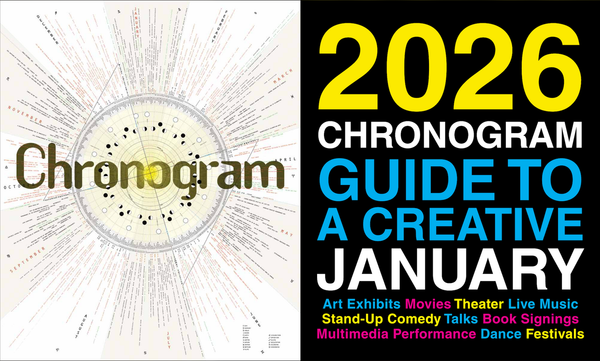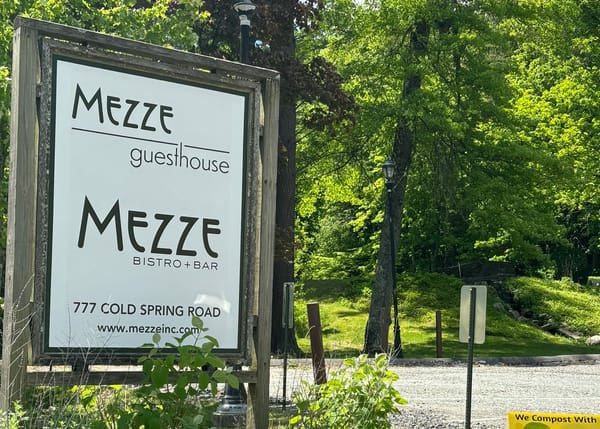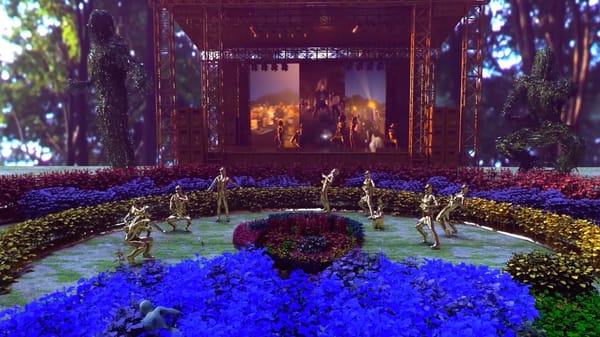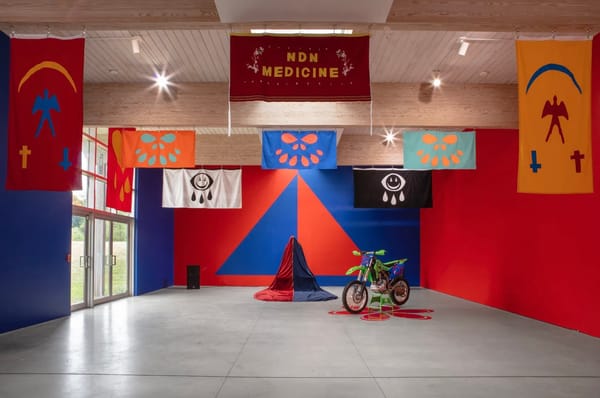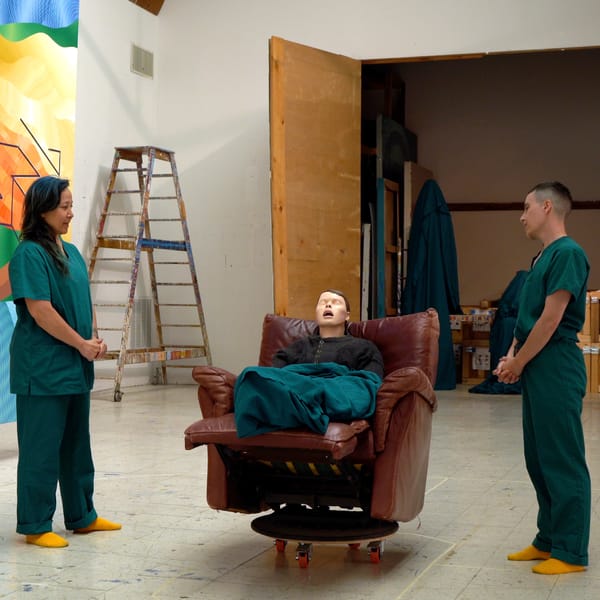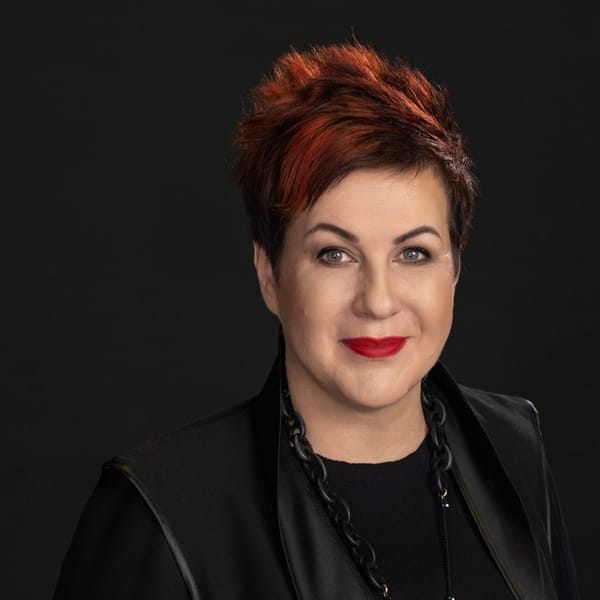Looking Back At The Shaker Heritage Helps Us Look Forward (Plus A Gala Preview)
In a conversation with Shaker Museum Mount Lebanon's director, we learn of the Shakers' history of inclusion.

In a conversation with Shaker Museum Mount Lebanon's director, we learn of the Shakers' history of inclusion.
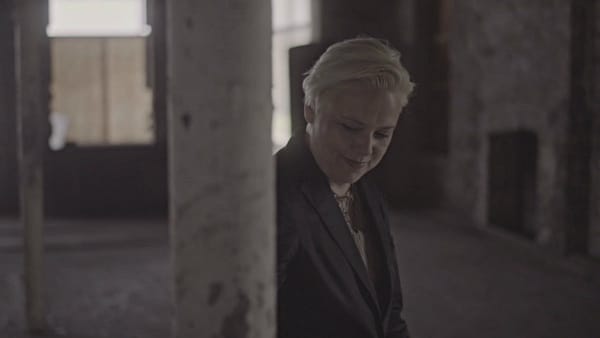
Lacy Shutz
As a new permanent resident to Upstate New York, I was interested in attending some of the area’s key events. Last year I was invited to the Shaker Museum | Mount Lebanon Gala where I met Lacy Schutz, the executive director. Later, I reached out to Lacy to have a one on one and dive a little deeper into the organization, and to see if there was a way I could support it. I did some research on the history of the Shakers and was even more intrigued when I learned of the African Americans who were part of the Shaker community, dating back to more than 200 years ago, and how the African Americans were welcomed with the same equality values. Lacy asked me if I would consider joining the board, and after much thought, I was overjoyed to be the first person of color to join the Shaker Museum board. To know the history of prior communities that thrived in this area is inspiring. My intention is to be a part of the current-day community to remember the value of the communities like the Shakers, and to be a part of the exciting and upcoming Shaker Museum. It’s an organization that will not only remember the past but will also serve the current Chatham and neighboring communities, as well look forward to the future.
JC: Can you share some context and history of the Shakers?
LS: The Shakers came to New York State, and they first settled near Albany, and then when they were ready to establish their first planned community, they did that at Mount Lebanon, in New Lebanon, in Columbia County, in 1787. They eventually spread out all over New England, and had communities as far south as Florida, and as far west as Ohio. At its height in the mid-19th century, Mount Lebanon had around 600 Shakers living there. The community was closed in 1947, when the few remaining Shakers moved to Hancock in Massachusetts.
JC: What would you say was the driving intention from Ann Lee to the Shaker community that resided in Columbia County?
LS: Ann Lee’s message to all Shakers was one of achieving spiritual perfection through being in union with God and with one another, sort of creating a heaven on earth through one’s actions and faith. This perfectionism manifested in treating everything as a form of worship, whether it was harvesting crops, doing the laundry, or actually worshipping together through song and dance. She also created a system of governance, in both the religious and secular aspects of Shaker life, that gave equal power to men and women. This was in a time when a woman wasn’t even allowed to own property in her own name. The Shakers also welcomed Black people; the first documented Black person joined the Mount Lebanon Shakers in the 1790s.
"
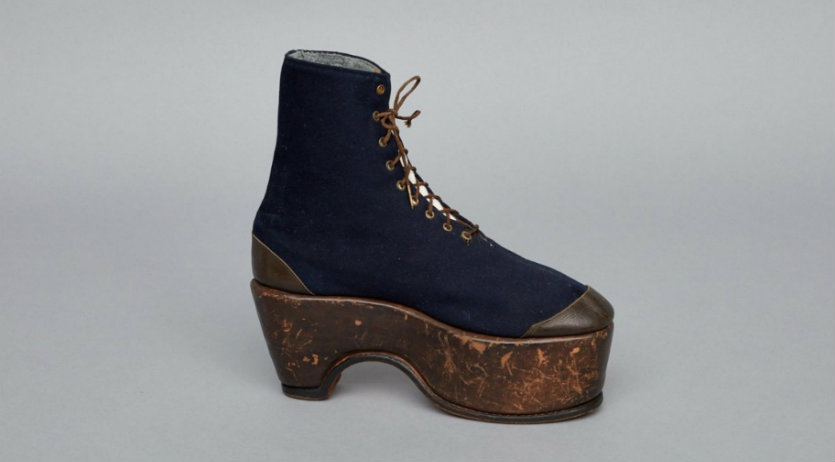
"Elevator" or orthopedic shoe, Canterbury, NH. Currently on view in "Shakers: In Community."
JC: Can you talk about the upcoming Shaker Museum in Chatham?
LS: The original site of the Museum, in Old Chatham, has been closed to the public for more than 10 years. It was originally opened in the farm outbuildings of founder John S. Williams. Those barns and sheds are no longer suitable for storage or exhibition of a world-class museum collection, and we’ve purchased a building in the Village of Chatham that will be a new home for the Shaker Museum. We were thrilled to receive a $1.569 million grant from Empire State Development through the Regional Economic Development Councils grant cycle, which will partially fund the project. We also received early funding from Columbia County resident and philanthropist Jack Shear. When the Museum opens, visitors will have a place to visit exhibitions, learn about the Shaker legacy, and participate in the community through workshops, conversations, and other programming.
JC: This is a year of much change and adjustment, particularly with the upcoming Shaker Museum Gala. How will it be different this year?
LS: It was a big adjustment to the model that so many local non-profit organizations follow —pinning so much of our annual operating income on one big in-person fundraising event each year. But I’m excited by the opportunities that the virtual gala offers, mainly in that it will include many more people, people who may have been prevented in the past from attending due to any number of factors – geography, conflicts, or lack of resources. And this is apt because our theme this year is “Inclusion.” We’ll be honoring filmmaker Lacey Schwartz Delgado and actor Alan Cumming, both of whom are passionate activists for inclusion, and we are thrilled for their participation this year. There are multiple donation opportunities for this year's gala, including sponsorship levels that include a special care package with a Shaker lemon pie from Pieconic in Chatham, other goodies, and access to an exclusive cocktail reception on Zoom with Lacey Schwartz Delgado and Alan Cumming. We’re also hosting an online afterparty, also free for everyone, with DJ Bright Light Bright Light via Twitch.tv.
JC: This is a fundraising gala event. How do the donations benefit the organization?
LS: All of the income from the gala each year goes toward our general operating costs. It’s what allows us to put on exhibitions and programs and keep our doors open.
JC: 2020 has been a year that we will all never forget. Between the pandemic on COVID-19 and the pandemic on racial injustice, both front and center around the world, how do you reflect on the Shaker values on equality and community?
LS: Even before the challenges of 2020, the Shaker Museum has focused not just on the beautiful objects the Shakers made and used, but on the stories and individual people behind them. The Shaker legacy gives us a model for how to incorporate inclusion, innovation, entrepreneurship, conviction, and integrity, and how to build strong communities. There’s a famous adage that says the Shakers always planted extra in their gardens, in case there were hungry people who needed to be fed. They took care not just of their own, but of people in the surrounding towns and communities when need arose.
JC: We have experienced in-depth exposure to racial injustice so far in America. I know that the Shakers were very inclusive. Could you share the values of the Shakers on race?
In terms of racial justice, the Shakers welcomed Black people into the community nearly from the beginning. That isn’t to say that there weren’t individual instances of racism, but as a community and a society, they tried to practice equality. There was a community of Black Shakers in Philadelphia founded by Rebecca Cox Jackson, a Black woman who first joined the Shakers at Watervliet, near Albany. The South Union community in Kentucky voted to integrate some 50 years prior to the Civil War, and there are instances of the Shakers buying people out of slavery so they could join and live in freedom.
JC: The Shaker Museum is in Chatham. How is that impacting the community of Chatham, and surrounding neighborhoods, and what’s the feedback from the community on the museum?
LS: We commissioned an economic impact study last summer that estimated an additional $1.7 million annual infusion into the local community from increased tourism once the new Shaker Museum opens. That’s in addition to the shorter- term impact of the construction project. We’ve been working to reach out to our local and regional neighbors and solicit feedback and advice on the building and have met with our membership, as well as the local business community in Chatham. We’re planning to broaden those conversations to the local churches, other arts organizations, schools, etc. in coming months. We’re planning spaces of varying sizes that can be used for public assembly, even during times when the Museum isn’t open to the public. As we get further along, we’ll begin to solicit feedback on what kinds of programming people would like to see, what’s needed in the community. Is it somewhere for stay-at-home parents to bring their children? Is it a maker space? Is it out-of-school programming for teenagers? We look forward to finding out!
JC: I know that apart from the upcoming gala, you have events and exhibitions throughout the year. Can you share any current exhibitions?
LS: Shaker Museum opened a temporary exhibition in a storefront on Main Street in the Village of Chatham last week. Shakers: In Community examines the different ways in which the Shakers sought to forge equitable and inclusive communal bonds through an array of photographs, furniture, prints, apparel, and other objects from the permanent collection.
The "Shakers: In Community" exhibition will be open Fridays through Sundays from July 17 until October 4. Entrance is free for all visitors thanks to the generous support of the Henry Luce Foundation and Columbia County resident Jack Shear.
